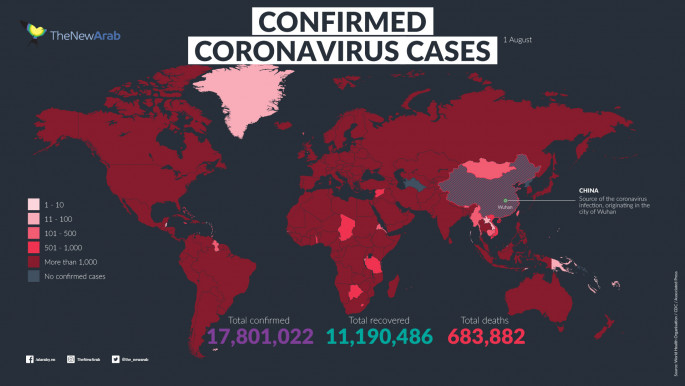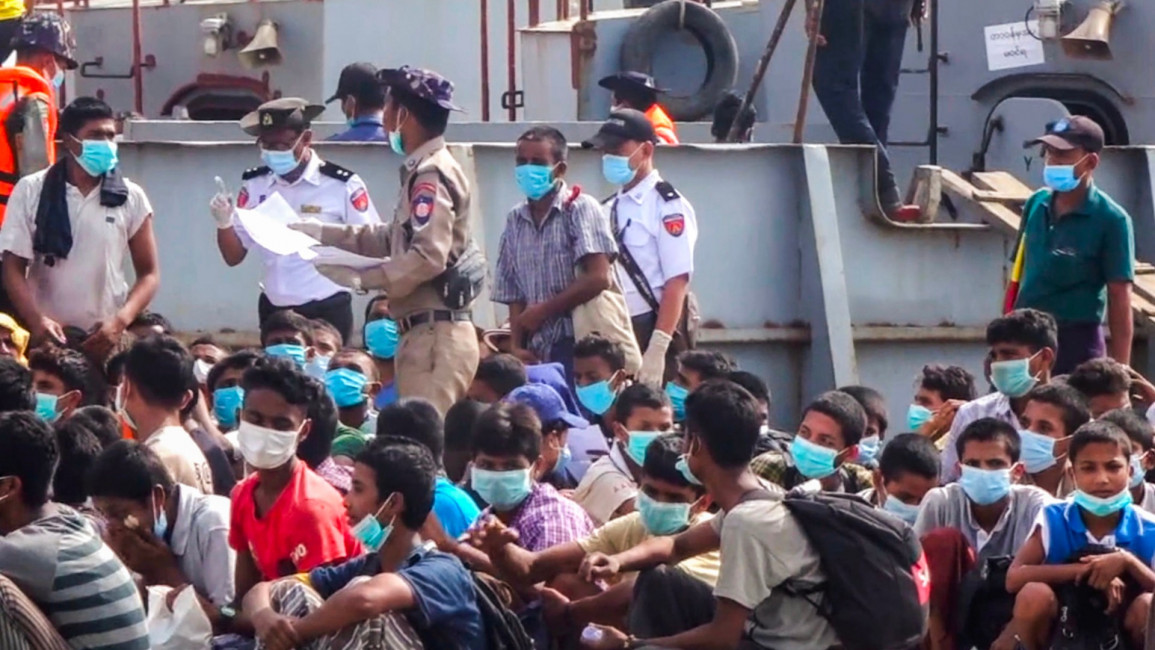IMF approves emergency funding for coronavirus-hit Myanmar as Rohingya continue to suffer
"The Myanmar economy is being impacted by the outbreak of Covid-19 through a sharp decline in tourism and remittances and supply chain disruptions," Mitsuhiro Furusawa, IMF deputy managing director, said in a statement.
The fund "will help address Myanmar's urgent financing needs related to Covid-19 shock, and catalyze support from development partners."
The money comes from two programs put into place to ensure rapid disbursement of funding without the need for lengthy negotiations over a reform program by Myanmar.
Some $118.8 million will come from the Rapid Credit Facility and the remaining $237.7 million will draw from the Rapid Financing Instrument.
It was the 72nd request for emergency financial assistance approved by the fund's executive board to address the impact of the pandemic.
The funding will help Myanmar's government as it boosts health spending, expands food distribution and cash transfer programs to the most vulnerable, as well as businesses and farmers, the IMF said.
Myanmar has come under fire for its treatment of Rohingya Muslims, who have suffered at the hands of the governemnt and military.
More than 740,000 Rohingya fled a brutal 2017 military crackdown in Myanmar to Cox's Bazar, where around 200,000 refugees were already living.
In early April, authorities imposed a complete lockdown on the district - home to 3.4 million people including the refugees - after a number of infections were recorded.
The first cases of coronavirus in the camps were detected in mid-May.
At the time, Shamim Jahan at Save the Children said there was the "very real prospect that thousands of people may die", with "no intensive care beds" in the camps.
Follow us on Facebook, Twitter and Instagram to stay connected



